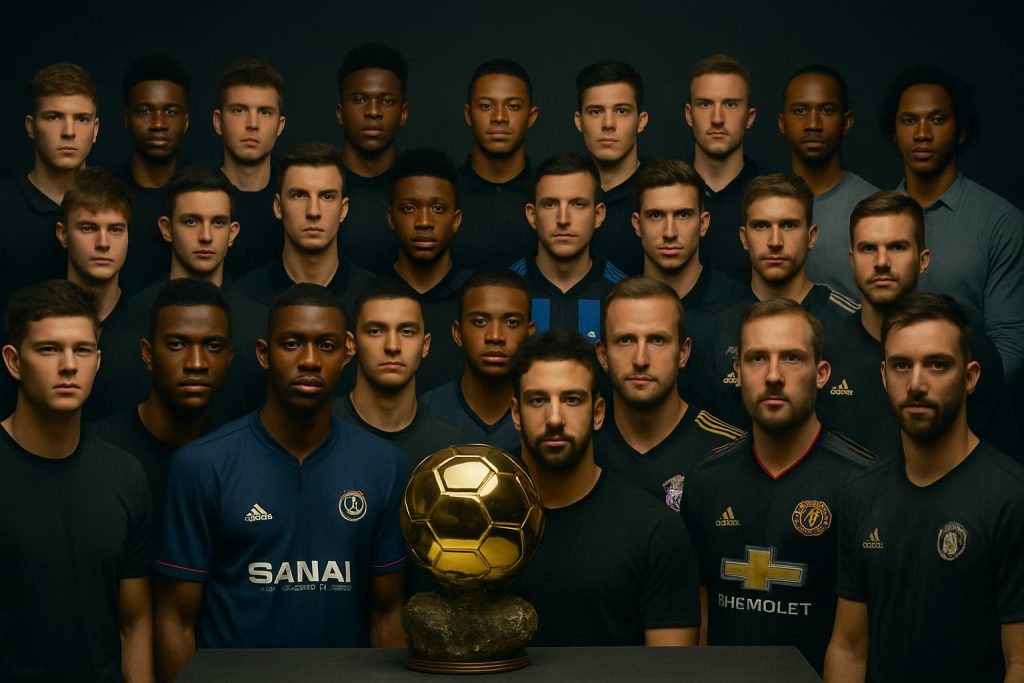Football, or soccer as it is known in some parts of the world, has evolved from a popular pastime to a global phenomenon, and with this transformation, the commercial landscape surrounding the sport has experienced profound changes. Sponsorship and marketing have become integral to the financial health and brand identity of football clubs, leagues, and players. This article explores the evolution of sponsorship and marketing in football, examining the nature of commercial deals, the role of brand partnerships, and their impact on the sport.
Early Days and Growth of Sponsorship
Sponsorship in football can trace its origins back to the mid-20th century when businesses began to recognize the sport’s potential as a vehicle for brand promotion. Initially, sponsorship deals were modest, often involving local businesses supporting their local teams through small financial contributions or providing equipment. The sponsorship landscape started to shift in the 1970s and 1980s when major corporations began to see football as a platform for broader marketing efforts. Clubs in top leagues started to attract significant commercial interest, leading to the first shirt sponsorship deals, where companies paid for their logos to be displayed on players’ kits.
The 1990s marked a pivotal era in football sponsorship, coinciding with the commercialization of the sport and the expansion of media coverage. The formation of the English Premier League in 1992 and the introduction of the UEFA Champions League transformed club football, offering global exposure and significantly increasing the value of sponsorship deals. Major brands, recognizing the vast audiences football could reach, began investing heavily in partnerships with clubs and tournaments. Companies such as Coca-Cola, McDonald’s, and major car manufacturers became household names through their association with football.
Modern Sponsorship and Digital Transformation
In the 21st century, sponsorship in football has evolved into a complex and sophisticated industry. The growth of global broadcasting and digital media has expanded the reach of football, making it a prime target for multinational corporations seeking to leverage the sport’s massive and diverse fan base. Sponsorship deals today are multifaceted, often involving multi-year contracts and multi-channel marketing campaigns that go beyond traditional kit sponsorship.
The rise of digital media has played a crucial role in transforming football sponsorship. Social media platforms, streaming services, and digital content have created new opportunities for brands to engage with fans directly. Sponsorship now often includes digital activations such as social media campaigns, branded content, and interactive fan experiences. For example, global sportswear brands like Nike and Adidas frequently launch digital campaigns featuring football stars, combining traditional sponsorship with innovative online marketing strategies.
In addition to established brands, emerging sectors like technology and cryptocurrencies have entered the sponsorship arena. Tech giants such as Microsoft and Google have formed partnerships with clubs to integrate technology into fan experiences and stadium operations, while cryptocurrency companies sponsor teams and tournaments, reflecting the sport’s increasing embrace of cutting-edge industries.
Brand Partnerships and Club Strategies
For football clubs, securing lucrative sponsorship deals has become a critical component of their financial strategy. Sponsorship revenue can constitute a significant portion of a club’s income, supporting various aspects of their operations, from player acquisitions to stadium enhancements. Clubs strategically seek partnerships that align with their brand values and fan demographics, aiming to maximize both revenue and brand synergy.
Top-tier clubs often enter into global partnerships with well-known brands, leveraging their international fan base to attract sponsors. For example, Manchester United’s long-standing partnership with Chevrolet and FC Barcelona’s collaboration with Rakuten exemplify how clubs utilize their global reach to secure high-value deals. These partnerships are not limited to shirt sponsorship; they often encompass stadium naming rights, training kit sponsorship, and exclusive commercial rights.
Smaller clubs and those in lower leagues, while not commanding the same global attention, also pursue innovative sponsorship strategies. Local and regional brands often partner with these clubs to tap into loyal fan bases and community engagement. Moreover, digital platforms have allowed smaller clubs to attract niche sponsors targeting specific segments of the fan base, expanding their sponsorship potential beyond traditional markets.
Challenges and Future Trends
While sponsorship remains a lucrative revenue stream, it also faces challenges in an evolving market. The COVID-19 pandemic highlighted vulnerabilities in football’s commercial model, as matches without fans led to reduced exposure for sponsors and financial strain for clubs. This period underscored the need for clubs to diversify their revenue streams and adapt to changing market conditions.
Sustainability and ethical considerations are becoming increasingly important in sponsorship decisions. Brands and clubs are under growing scrutiny regarding their environmental impact and social responsibility. Fans and stakeholders are demanding greater transparency and alignment with values such as inclusivity, equality, and sustainability. Clubs are beginning to seek sponsorships that reflect these values, aligning themselves with brands that support positive social change.
Looking ahead, the integration of technology will continue to shape the future of football sponsorship. Innovations such as virtual reality (VR), augmented reality (AR), and blockchain could offer new ways for brands to engage with fans and enhance the sponsorship experience. Additionally, the growing importance of data analytics will enable more targeted and personalized marketing, allowing sponsors to connect with fans in more meaningful and effective ways.
- The 2025 Ballon d’Or: A New Era of Football Greatness - October 3, 2025
- Ballon d’Or 2025: Meet the 30 Men’s Nominees - August 7, 2025
- World Cup Qualifiers Explained – How Each Continent Competes for a Spot at the World Cup - June 10, 2025



